A Racional se tornou conhecida, desde sua fundação, por sua capacidade de inovar e de se reinventar. Inspirados nos conceitos de racionalização das construções e na busca incessante por novas formas de atuar, fomos pioneiros na adoção de tecnologias construtivas e na introdução de novos conceitos no mercado. Descubra os principais fatos que marcaram a nossa história.
Linha do tempo
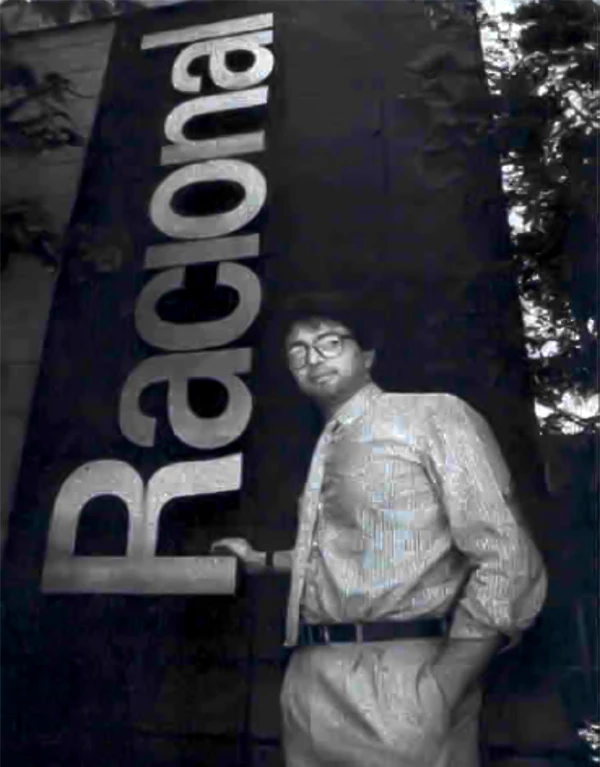
A Racional Engenharia foi fundada no dia 1º de dezembro de 1971, em São Paulo, por Newton Simões e mais três amigos. Iniciamos nossa atuação no setor Industrial e já nos primeiros anos introduzimos um modelo inédito de produção no Brasil: a pré-fabricação, com estruturas executadas no próprio canteiro.
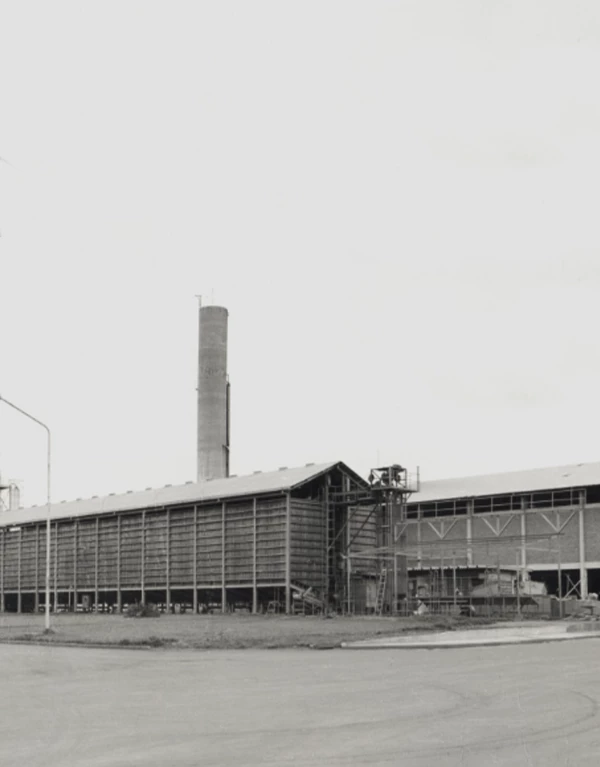
Em 1972, a Racional é contratada para construir a fábrica da Sucorrico, em Araras, interior de São Paulo. Nos anos seguintes, entregamos outras plantas fabris importantes como a da Coca-Cola e da Dabi Atlante S.A, ambas em Ribeirão Preto (SP) e da Permetal, em Guarulhos (SP) – mais de 25 mil m² construídos em apenas 15 meses. Ainda no início da década de 70, construímos a Usina de Açúcar Abraham Lincoln, na recém-aberta Rodovia Transamazônica (PA), que demandou também a construção de uma estrada e um porto para chegar até o local. Um grande feito para uma empresa iniciante.
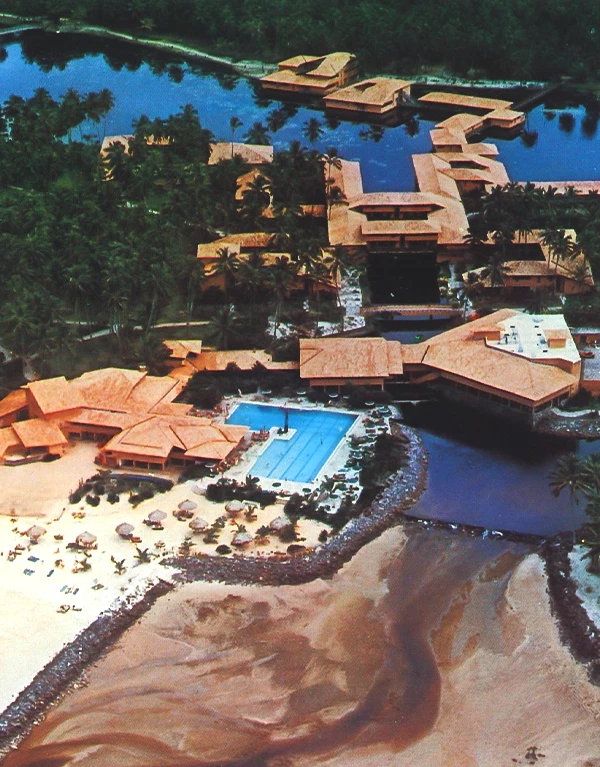
Diversificamos nossa atuação no final da década, ingressando nos segmentos do Varejo – Sé Supermercados, em Ribeirão Preto – e de Hotelaria: construímos o complexo turístico cinco estrelas Club Méditerranée, em Itaparica (BA), e seis hotéis da rede Novotel em diversos estados brasileiros.
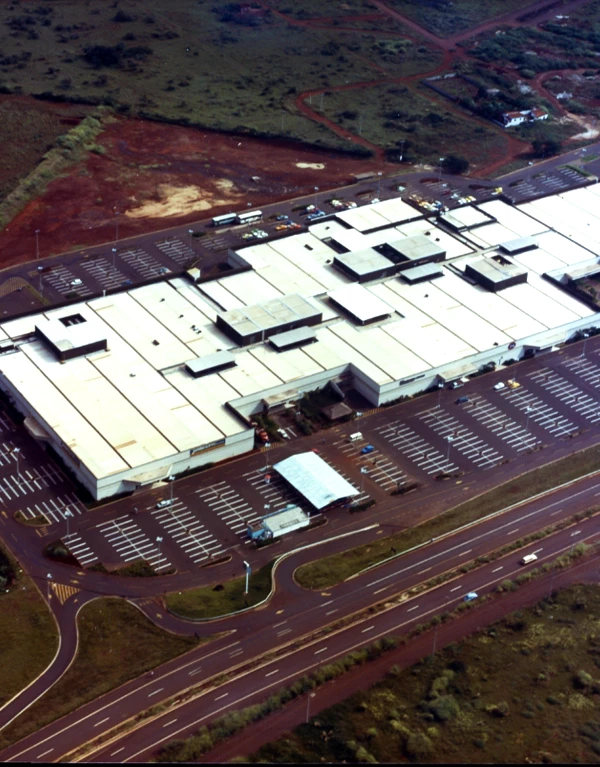
Ingressamos nos segmentos de Shopping Centers com a construção do Ribeirão Shopping, primeiro dos 17 projetos da Racional para a Multiplan, nossa parceira há mais de 40 anos.
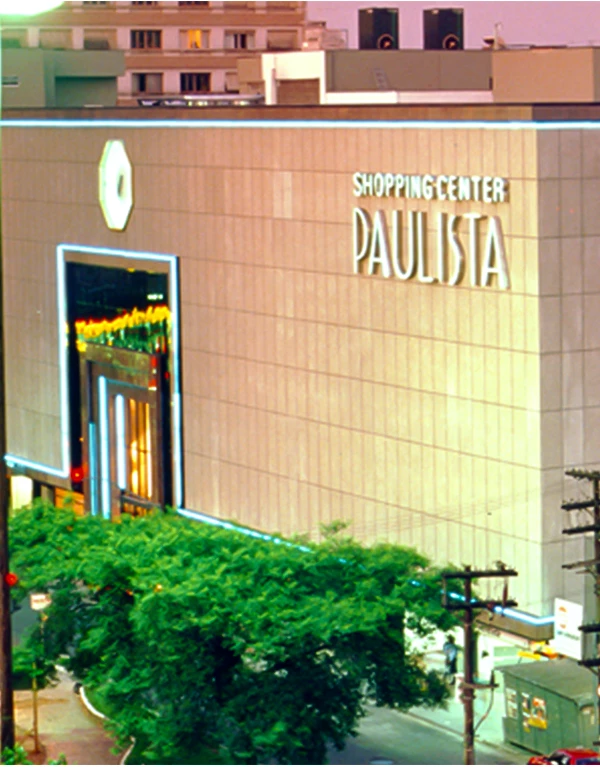
Outros projetos entregues foram o Shopping West Plaza (SP), Shopping Aricanduva (SP), Park Shopping Brasília (DF) e Shopping Pátio Paulista (SP). Esta última, uma obra emblemática, além de um enorme desafio tecnológico: a inédita transferência de carga de um pilar para outro provisório, enquanto se construía uma nova estrutura, mereceu menção em revistas especializadas na França. Outro segmento que passamos a atuar nessa época foi o de Edifícios Corporativos, com a construção da nova sede da IBM e do Banco Real, em Belo Horizonte (MG).
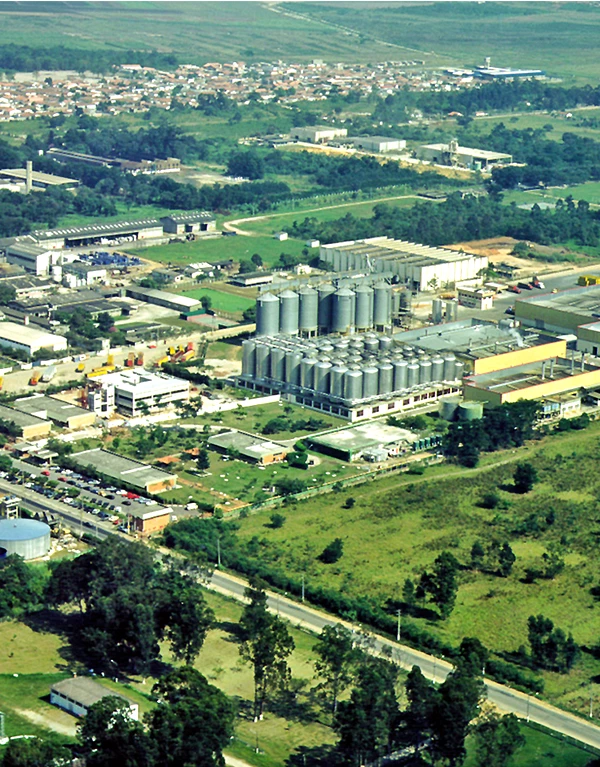
Mesmo com a crise econômica ao final da década de 70 tendo atingido o mercado Industrial – fonte da maior parte das obras da Racional -, entregamos diversas obras no setor, com destaque para: Rhodia, em São Bernardo do Campo (SP), Union Carbide, em Cubatão (SP), Cervejaria Kaiser em Jacareí (SP).

Outras obras de destaque nessa década: Hotel Transamérica (SP), Centro Logístico de Congelamento para a Sadia em Paranaguá (PR), Centros Logísticos C&A em Barueri (SP) e Rio de Janeiro (RJ), diversas obras de varejo para clientes como Pão de Açúcar, McDonald’s, Carrefour, Sé Supermercados e Mappin, além de dezenas de usinas de álcool em diversos estados brasileiros.
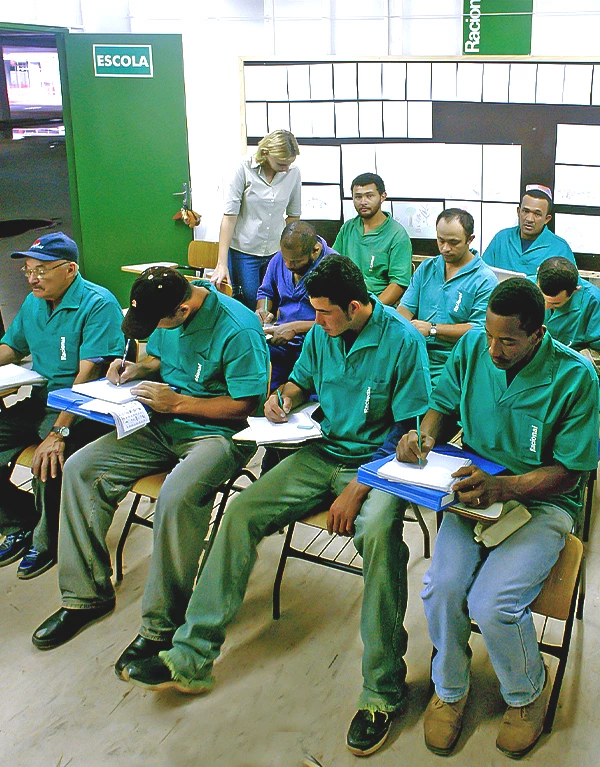
Como reforço do nosso compromisso constante com a responsabilidade social, fomos pioneiros ao lançar os Programas de Trainee e o “Educar é Crescer”, que formou mais de 3.500 trabalhadores em cursos de alfabetização nos canteiros de obra.
_década-90_PNG_tratadas_29052023_20230602151149430.webp)
Introduzimos novos conceitos no mercado: engenharia de valor e preço máximo garantido (PMG). Também passamos a oferecer o serviço de pré-construção de forma mais estruturada em dois projetos que marcaram a nossa história: o edifício BankBoston (SP) e os estúdios da TV Globo (SP). Entramos no setor de Saúde com as primeiras obras para o Hospital Albert Einstein, uma parceria que já dura mais de 20 anos.
_PNG_tratadas_29052023_20230602151149967.webp)
Outros projetos em destaque da época: sede do Pão de Açúcar, Hotel Intercontinental, Centro Brasileiro Britânico (CBB), Teatro Abril (Teatro Renault) e os shoppings Pátio Higienópolis, Morumbi, Plaza Sul e SP Market, todos na cidade de São Paulo. No setor industrial, construímos a fábrica da LG, em Taubaté, e a Flextronics, em Sorocaba, da Ford, em Camaçari (BA), da Philip Morris, em Santa Cruz do Sul (RS) e da Perdigão, em Rio Verde (GO) – este, um dos maiores complexos industriais do mundo.
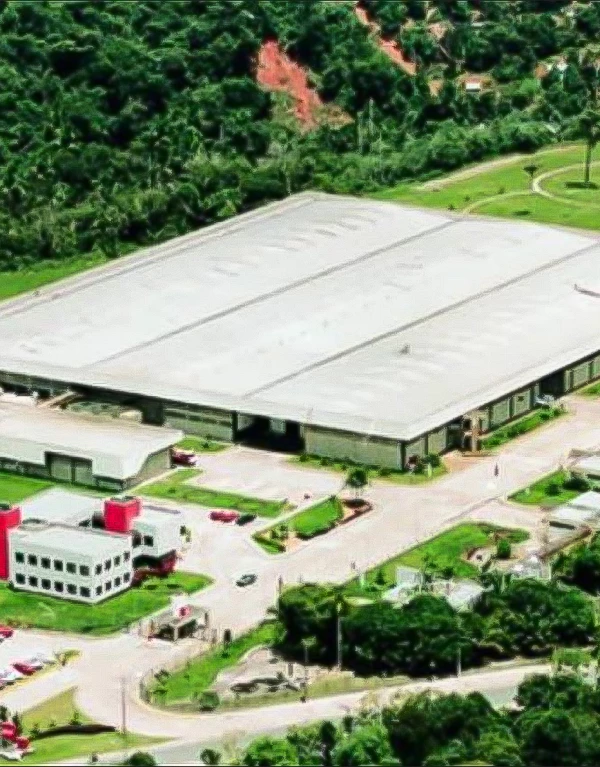
Em destaque, pela complexidade de execução, estão a construção da 3ª maior fábrica de concentrados do mundo para a Coca-Cola, em Manaus (AM); e mais de 10 unidades de Hipermercados Extra, construídos em torno de 100 dias — outras 20 foram construídas na década seguinte.
Nessa época, implantamos as auditorias por meio do Sistema Integrado de Gestão e do Sistema de Gestão Ambiental, voltado aos canteiros.
_década-2000_PNG_tratadas_29052023_20230602151058837.webp)
Resultado da evolução de nossa expertise, o serviço de pré-construção foi adicionado definitivamente ao nosso portfólio como grande diferencial competitivo, conferindo à Racional o pioneirismo na introdução deste conceito no Brasil. Expandimos nossa atuação em edificações de missão crítica, com a construção de diversos datacenters, entre eles, o primeiro datacenter para hospedagem da Tivit (ex-Optiglobe).
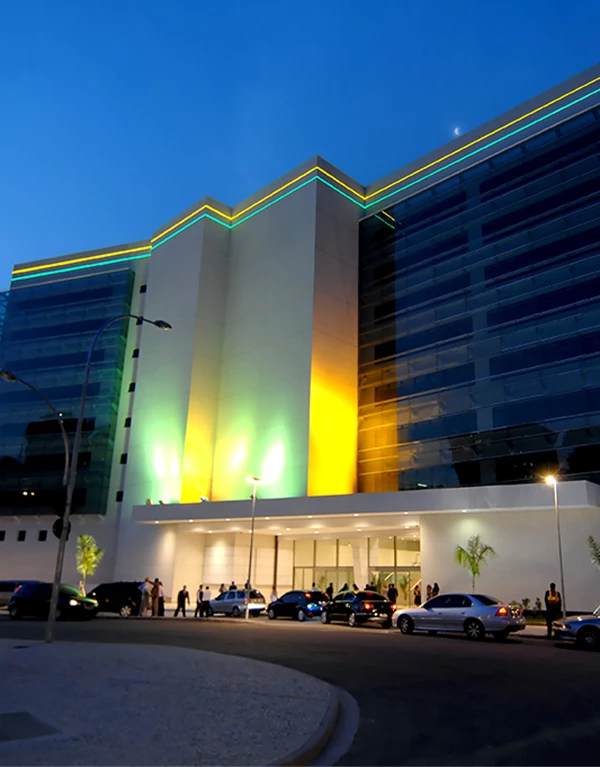
Em 2003, ganhamos a concessão para construção e exploração do Centro de Convenções SulAmérica (hoje Expomag) e duas torres corporativas no Rio de Janeiro. Passamos também a estruturar projetos sob o regime built-to-suit, como foi o caso da nova sede da SulAmérica e, também, do Edifício Cidade Nova (RJ) – primeiro edifício comercial a conquistar a certificação LEED no país.
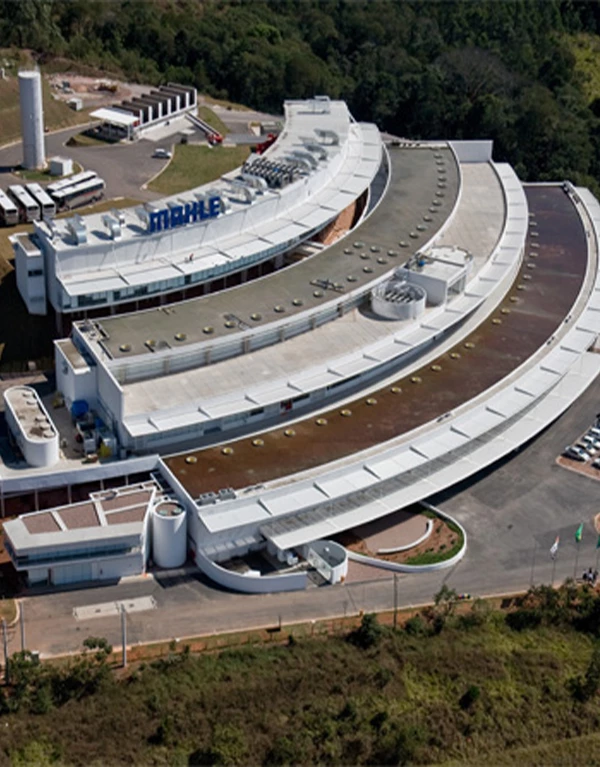
Executamos obras de referência na América Latina em seus respectivos setores, por seu porte e aplicação de tecnologias avançadas: a nova fábrica da Sadia, em Lucas do Rio Verde (MT), e o Centro Tecnológico da Mahle, em Jundiaí (SP).
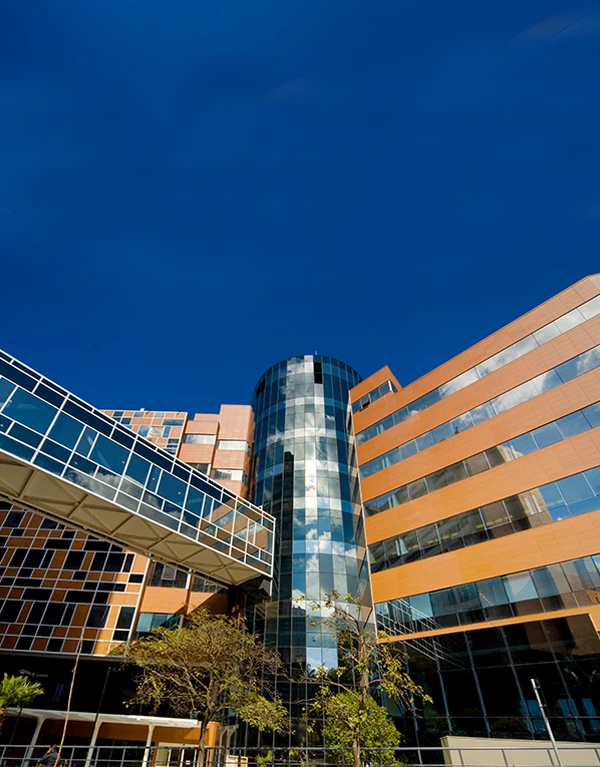
Executamos as obras da 1ª e 2ª fases do Prédio 1 do Hospital Albert Einstein, um dos maiores complexos hospitalares no país, e o Hotel Fasano, ambos em São Paulo (SP) – projetos reconhecidos por seus elevados padrões de qualidade. Para a Kraft Lacta, em Curitiba (PR), convertemos uma fábrica de cigarros da Philip Morris em uma fábrica de chocolates.
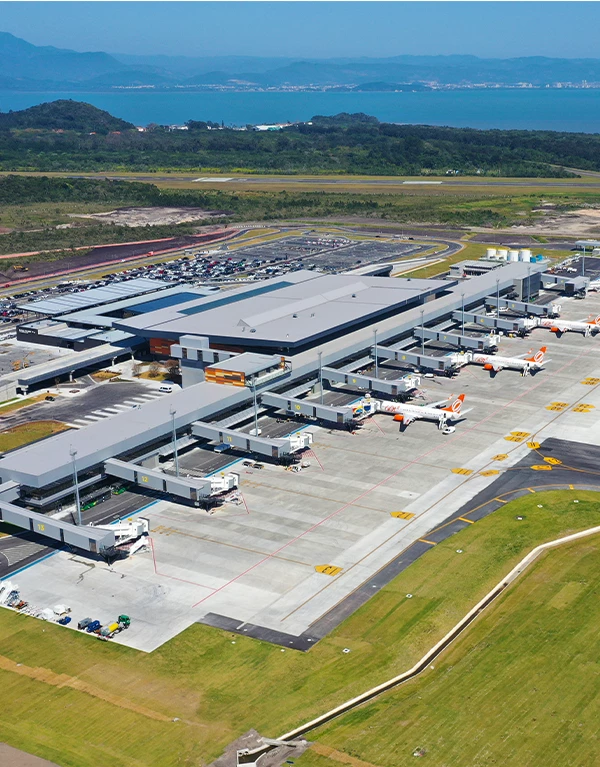
Com nossa experiência acumulada em quatro décadas, reforçamos ainda mais a nossa estratégia de diversificação e nosso protagonismo em projetos de alta complexidade: ingressamos no mercado de Aeroportos com a construção do novo terminal de passageiros do Aeroporto Internacional de Belo Horizonte, em Confins (MG) e, em 2019, o Aeroporto de Florianópolis (SC), concluído em apenas 15 meses no modelo de contrato Design & Build.
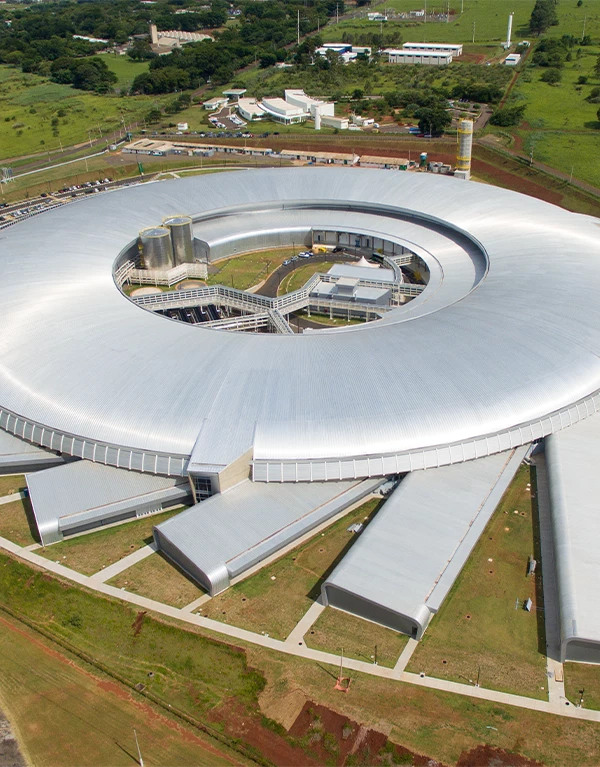
Consolidamos nossa atuação em edificações de missão crítica com a construção de projetos emblemáticos: a primeira fábrica de semicondutores do país para o CEITEC (RS); o Centro de Pesquisas Global da GE (RJ); o Centro Tecnológico Itaú, o maior datacenter da América Latina; e o datacenter Telefônica/Vivo (SP), o primeiro a receber a certificação LEED (nível Gold) na América Latina; e o Projeto Sirius, a maior e mais complexa infraestrutura científica já construída no país. Desenvolvido pelo CNPEM, o novo acelerador de partículas de 4ª geração do Laboratório Nacional de Luz Síncrotron (LNLS) está entre as obras civis mais sofisticadas já construídas no Brasil. A construção, com exigências de estabilidade mecânica e térmica sem precedentes, desafiou a engenharia brasileira.
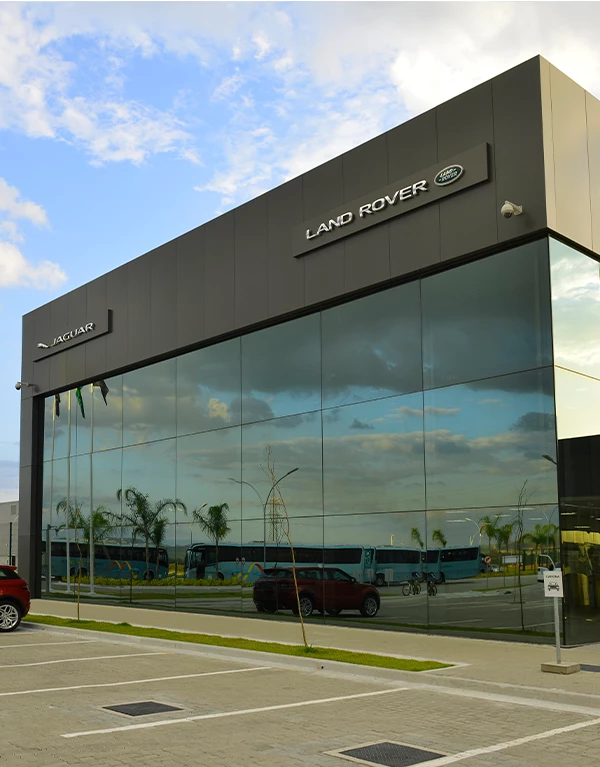
Construímos a primeira fábrica própria da Jaguar Land Rover fora do Reino Unido (RJ), em apenas 14 meses. Fomos responsáveis pelo desenvolvimento dos projetos em paralelo à construção (contrato Design & Build). O empreendimento obteve a certificação LEED Gold.
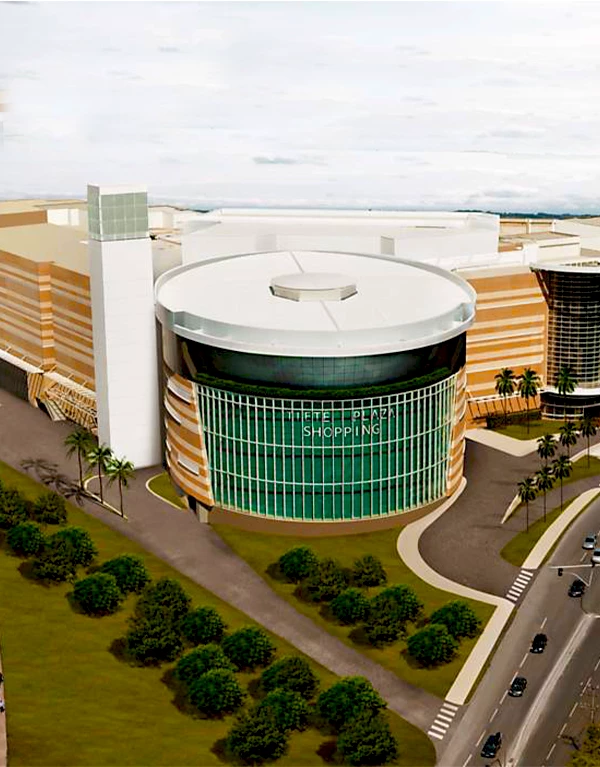
No segmento de Shopping Centers, entregamos o Village Mall (RJ) e o Tietê Plaza Shopping (SP), o primeiro shopping do País a receber a certificação LEED.
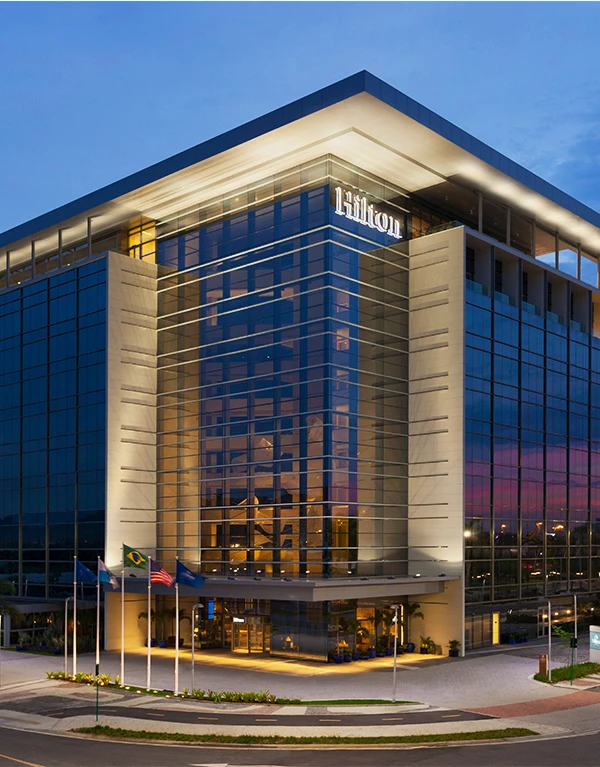
Outras obras de destaque no período: construção do bloco E do Hospital Alemão Oswaldo Cruz (SP); o hotel cinco estrelas Hilton Barra (RJ); o edifício corporativo Torre Z (SP) e as novas sedes da Localiza (MG) e da L'Oréal (RJ).
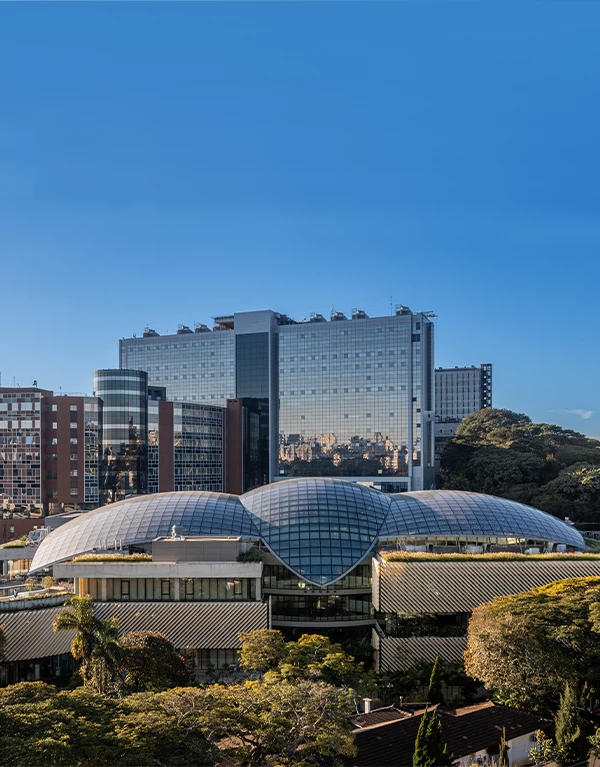
Em meio à pandemia da COVID-19, iniciamos a década com mais um marco de reinvenção e consolidação para a Racional.
Entregamos o Centro de Ensino e Pesquisa Albert Einstein (SP), uma das mais avançadas instituições de ensino na área da Saúde da América Latina. Um projeto de nível internacional e o primeiro no Brasil assinado por Moshe Safdie, referência internacional em arquitetura. Também para o Einstein, concluímos a reforma das fachadas dos Blocos A, B e C da Unidade Morumbi (SP) e demos início ao retrofit das fachadas do edifício da Maternidade (Bloco D).
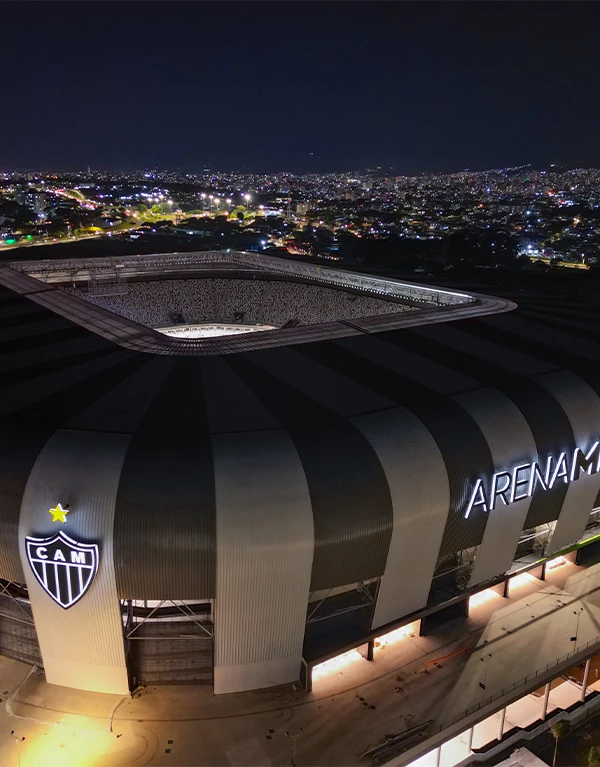
Consolidamos ainda mais nossa presença no segmento da Saúde com a conquista de um novo cliente, a Rede D’or São Luiz, para executar a pré-construção e construção do Hospital São Luiz, em Guarulhos (SP), e também a construção da Torre Aliança Star (fase 2), em Salvador (BA). Também com um novo cliente, ingressamos no segmento de Arenas Multiuso com a pré-construção e construção da Arena MRV, em Belo Horizonte (MG), o estádio mais tecnológico do País.
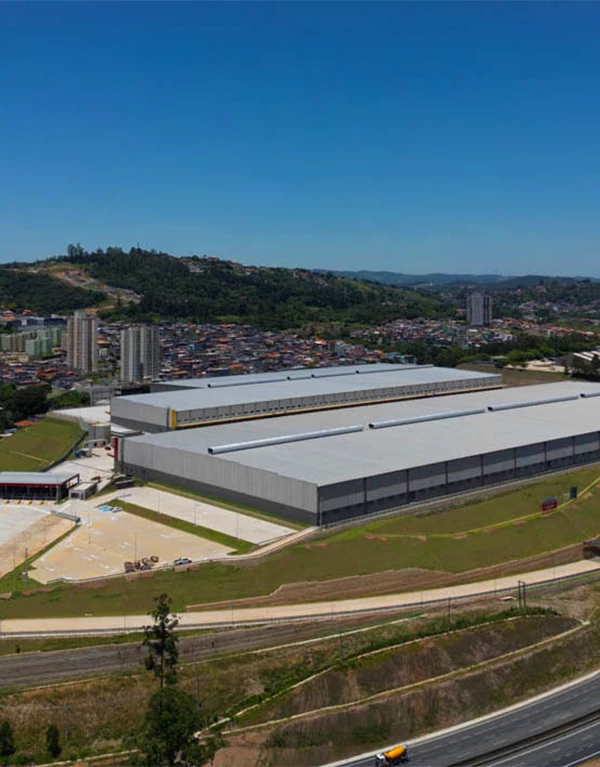
Ganhando cada vez mais competitividade no mercado Logístico, construímos o Centeranel Cajamar e 2 centros logísticos para a Goodman (Cajamar e Itaquera) — três projetos que tiveram início na etapa de pré-construção. Ainda no mercado de Infraestrutura, assinamos um novo contrato com a BH Airport para a revitalização do Terminal de Passageiros 1 do Aeroporto Internacional de BH, em Confins (MG).
